Tax evasion cloud over Asia refuses to budge
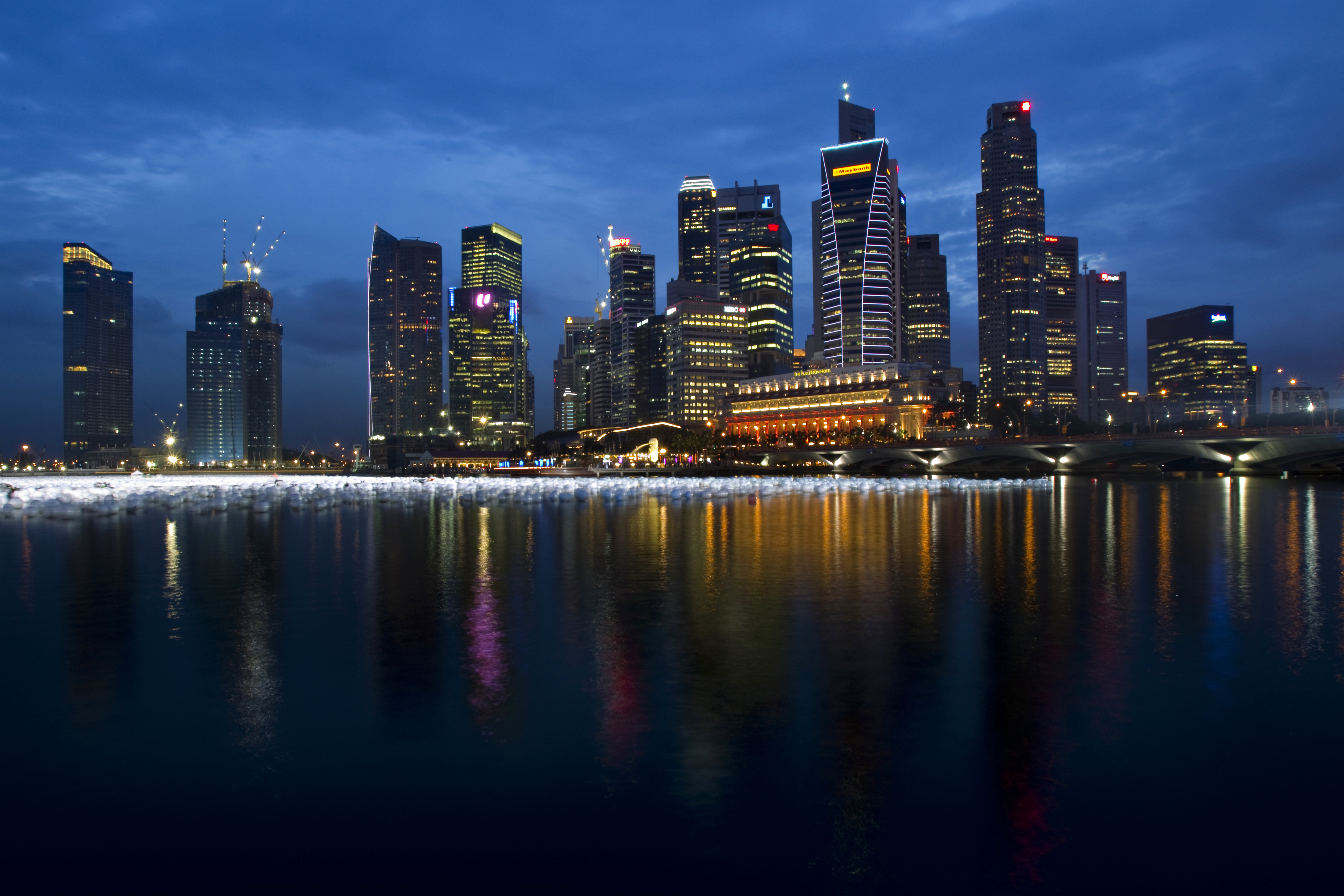
The explosion of wealth in Asia continues to make the region the world’s most sought after hunting ground for private bankers.
But suspicions linger that some private banks are redirecting the illicit assets of tax evaders, despite claiming that they are setting up business in Singapore and Hong Kong to tap into local wealth.
A private bankers’ summit in Zurich last week heard that a “flood” of assets had moved to Asia since the implementation of the European Union savings directive in 2005. The directive obliges banks to collect a withholding tax on undeclared deposits of EU citizens.
Despite Singapore repeatedly denying that it is becoming a global centre for untaxed assets, the flow of funds has hardly diminished since the screws began to turn on the tax haven of Switzerland in 2008, according to Hong Kong-based tax lawyer Philip Marcovici.
Speaking at the private banking summit, Marcovici hinted that some banks were covering up their true intentions in Asia.
Reputational nightmare
“There is a lot of talk from European banks that they are there to target Asian clients, but this is just a cover-up,” he said. “There has been a flood of European money entering Singapore.”
The summit also heard that the Monetary Authority of Singapore (MAS) – the city state’s financial regulator – had recently investigated the Singapore branch of a European bank when it was discovered that the vast majority of its clients’ assets derived from Europe.
MAS said it had no knowledge of such an investigation. “Financial institutions in Singapore undertake checks on the identity of their clients, the sources of their funds, wealth and their beneficiaries as well as monitor transactions and report those that are suspicious,” it said in a statement.
“MAS supervises financial institutions for compliance of these requirements through regular off-site reviews and on-site inspections.”
Roger Hartmann, chief executive of Liechtenstein’s VP bank, feared that any banks trying to feed undeclared money into Singapore could spark a strong reaction from the authorities. Singapore, he said, was desperate to not pick up a reputation as a tax evasion paradise.
“It would be a nightmare for Singapore to build up a huge base of undeclared money,” he said. “All the pressures that have been put on Switzerland could come to Singapore.”
“We could see new regulations that say European clients can only come to Singapore if they bring evidence that their assets have been declared,” he added.
Flood or trickle?
Marcovici warned that cheating private banks would most likely be shopped to the authorities by local rivals that are starting to seriously compete for the same Asian wealth as foreign counterparts.
“Local banks will turn in foreign banks who think they can do in Asia what they used to do in Europe,” he told the summit.
But the authorities are alive to the dangers of attracting illicit funds, according to Mario Bassi, vice-chairman of the Swiss Business Association in Singapore.
“The MAS has consistently said it is opposed to undeclared assets entering Singapore,” he told swissinfo.ch.
“I do not think there is such a flood entering the country. It’s not so easy to move assets out of Europe and there are still plenty of opportunities for wealth creation on the continent.”
Asian wealth boom
Singapore is set to leapfrog Switzerland as the leading centre of private banking in the next two years, according to a recent survey by PricewaterhouseCoopers (PwC). Hong Kong is also poised to enter the top three wealth management regions.
These calculations are not necessarily based on illicit funds entering Asia, as the PwC report believes that Switzerland, London, Jersey and Luxembourg will remain the top offshore booking centres.
Global wealth grew eight per cent, or by $9 trillion (SFr8.3 trillion), to $121.8 trillion last year, according to the most recent Boston Consulting Group’s wealth report.
Most of these assets are held in North America ($38.2 trillion). But the share of wealth enjoyed by the Asia-Pacific (Apac) region (including Japan and Australia) is set to increase to 23 per cent in 2015 compared with the current level of 18 per cent.
Another wealth study by Merrill Lynch bank and Capgemini states that the number of dollar millionaires in the world grew by 8.3 per cent in 2010 to 10.9 million. Apac is now home to more millionaires and their wealth than Europe, the study concludes.
Health warning
Private banking operations from around the world have either been newly locating or expanding in Asia in recent years to take advantage of these rich pickings.
Banks such as UBS have led the way, filling a private banking void in the region that was underserved by local banks.
But such banks are being warned to watch their step and not mistake Asia for a regulatory soft touch region.
“The consequences of doing something wrong in cross-border banking will be very severe,” Marcovici said. “For a bank to become the recipient of undeclared money it could be deadly.”
The number of millionaires in Asia’s emerging economies will expand from 1.16 million to 2.82 million by 2015, according to Julius Bär bank’s Wealth Report Asia, published in August.
Julius Bär calculates millionaires as those people who have at least $1 million in assets excluding real estate.
The amount of wealth held by these individuals is set to mushroom from $5.6 trillion (SFr5 trillion) to $15.8 trillion in the same period.
China will see the biggest explosion in wealth, with the number of millionaires rising from 502 to 1,378 – with wealth increasing from $2.6 trillion to $8.8 trillion.
The report bases its estimates on the growing economies of the countries surveyed (China, India, Thailand, Indonesia, Philippines, South Korea, Singapore, Hong Kong, Taiwan and Malaysia).
It also analyses the strong savings and low debt characteristics of people who live there and the rising value of local currencies against the dollar.
Currency appreciation pushes up the annual compound growth in Asian millionaires from 14% to 19%, according to the bank’s analysis.

In compliance with the JTI standards
More: SWI swissinfo.ch certified by the Journalism Trust Initiative

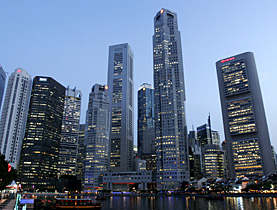
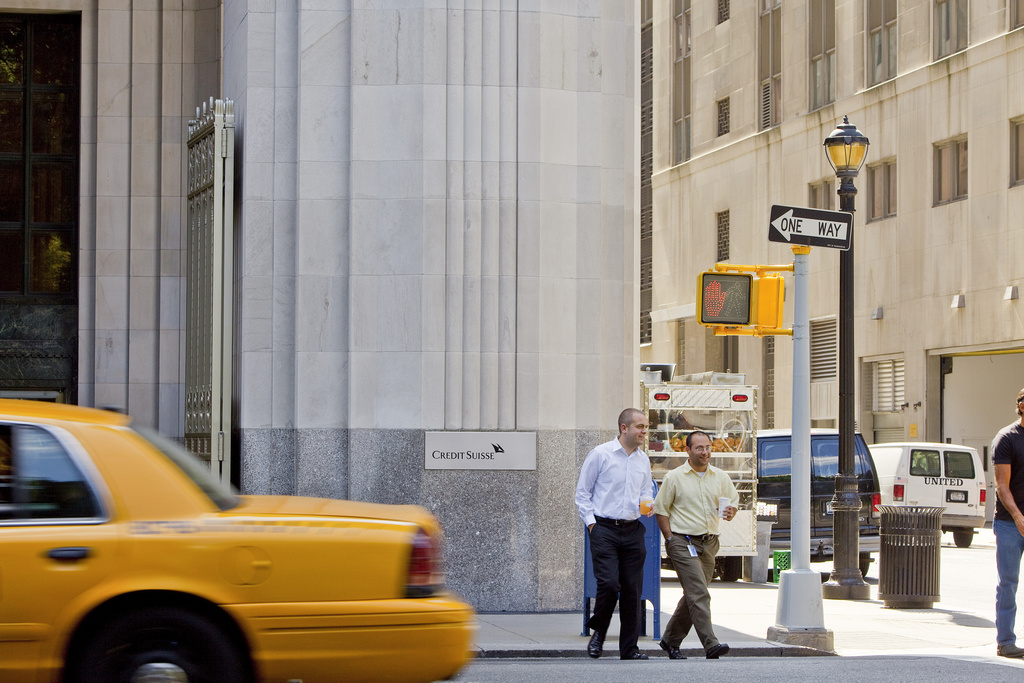
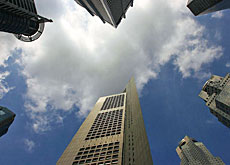
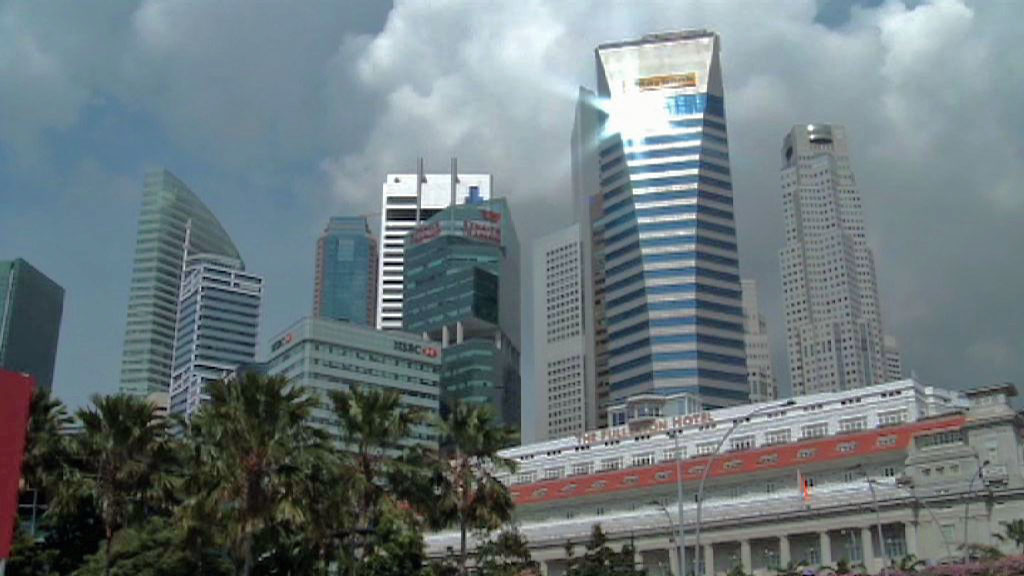
You can find an overview of ongoing debates with our journalists here. Please join us!
If you want to start a conversation about a topic raised in this article or want to report factual errors, email us at english@swissinfo.ch.